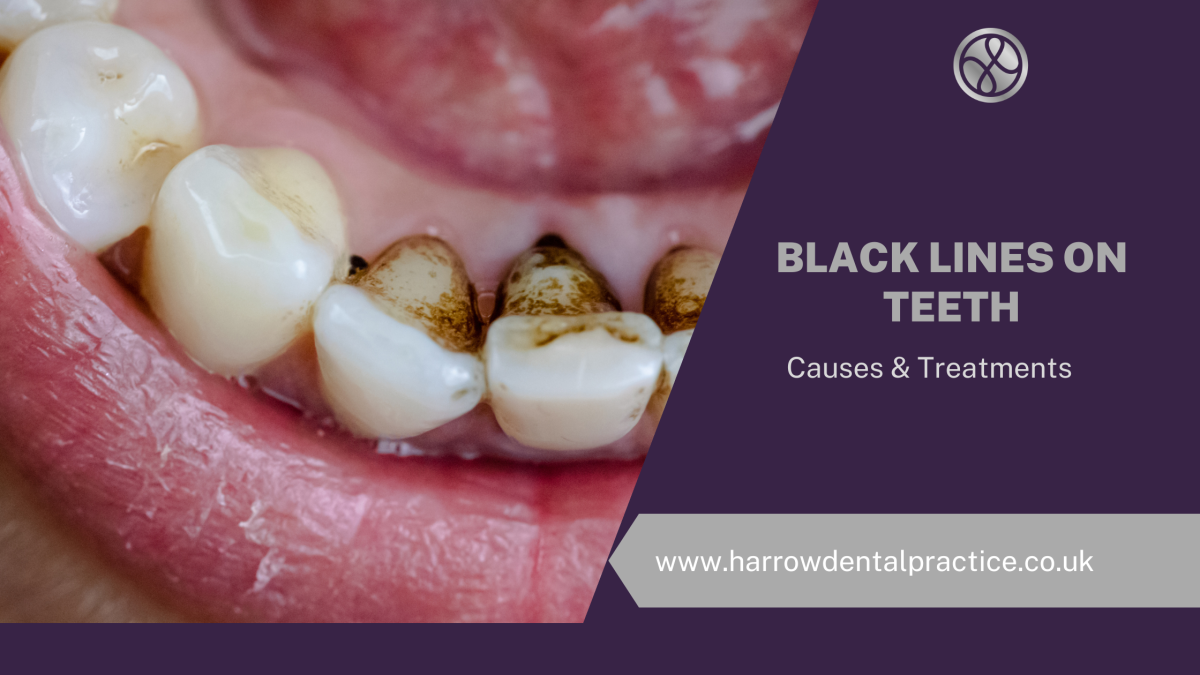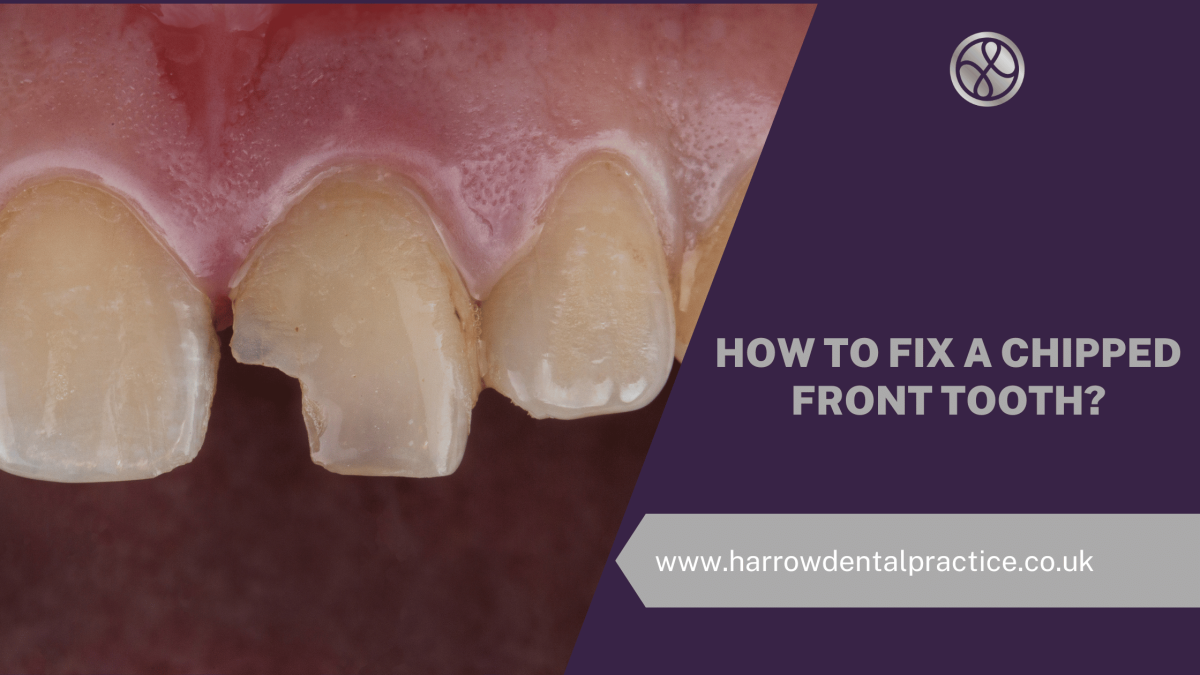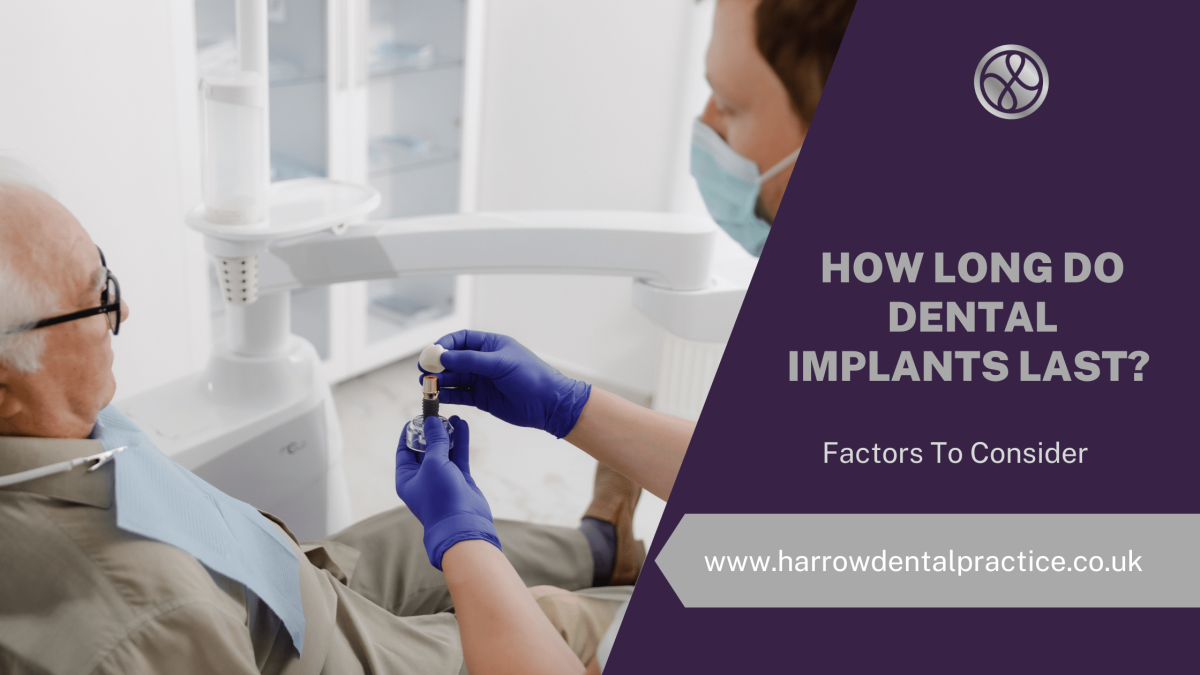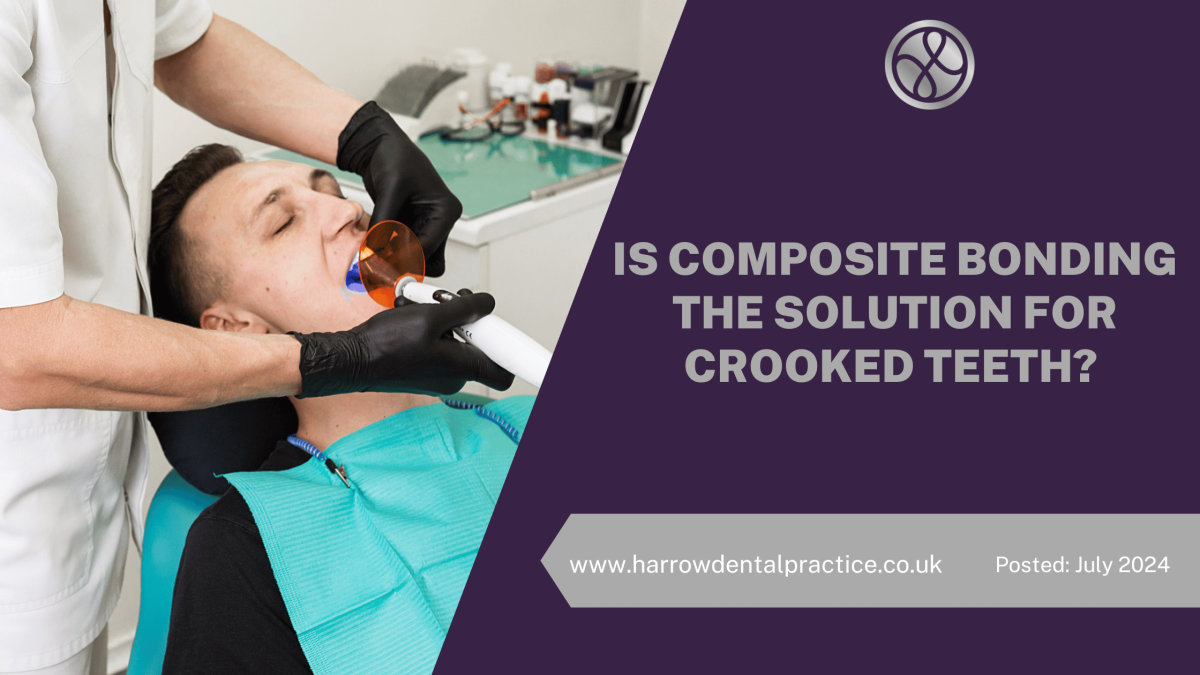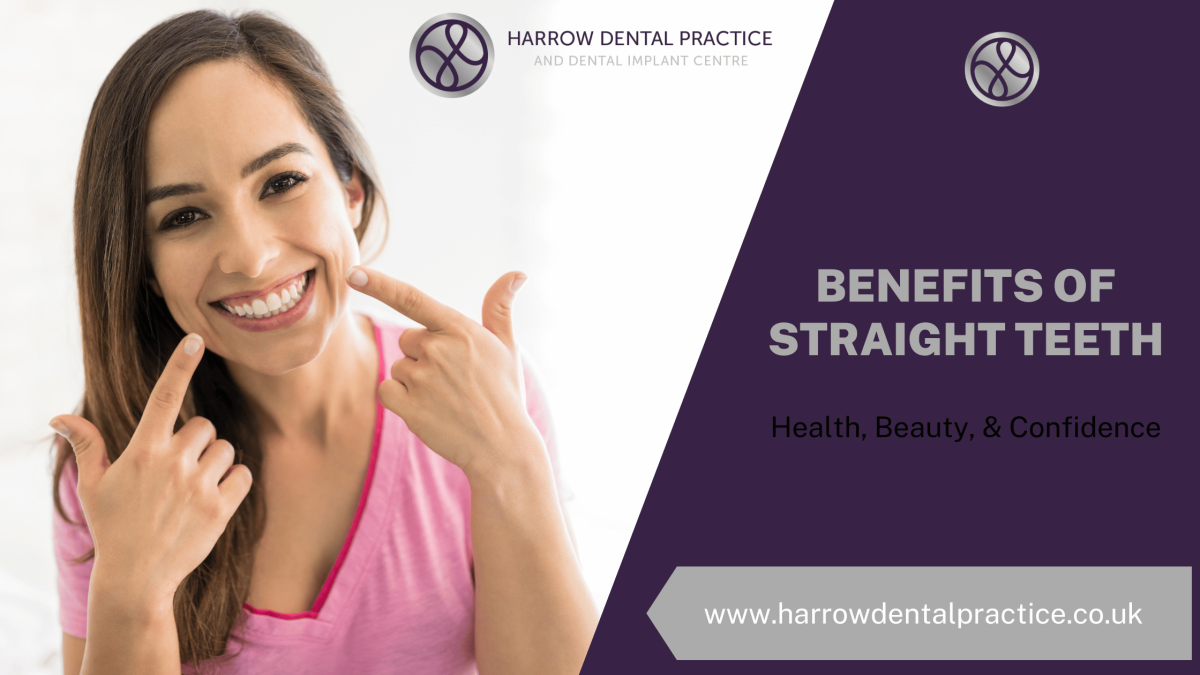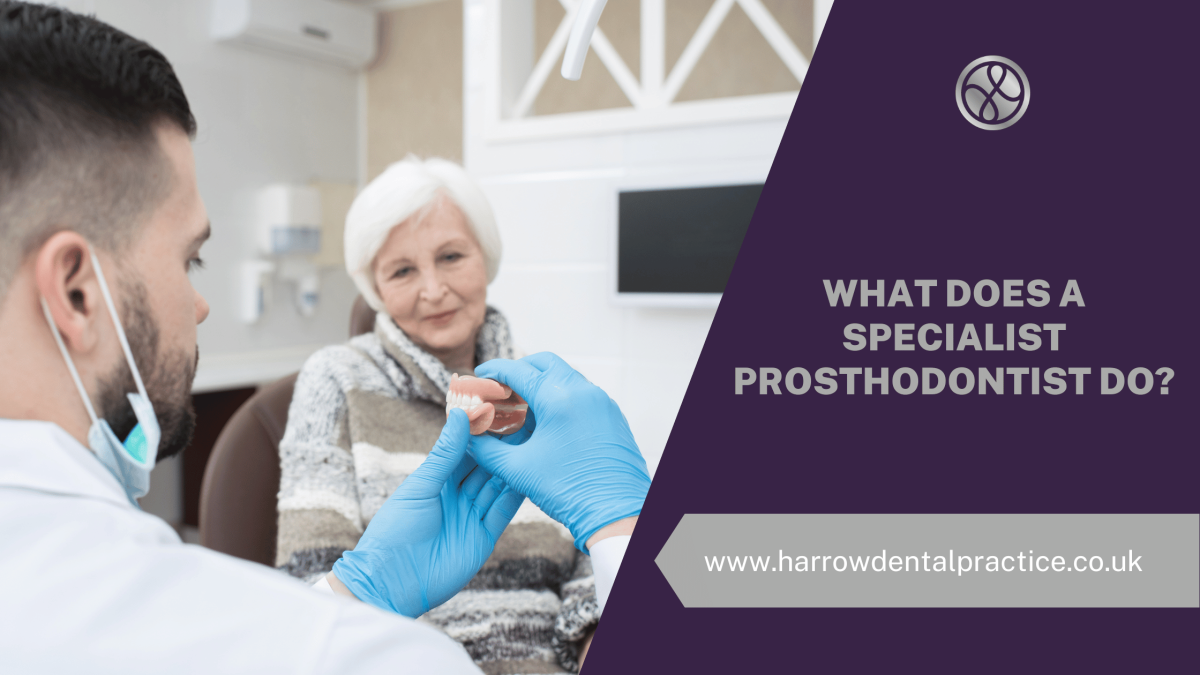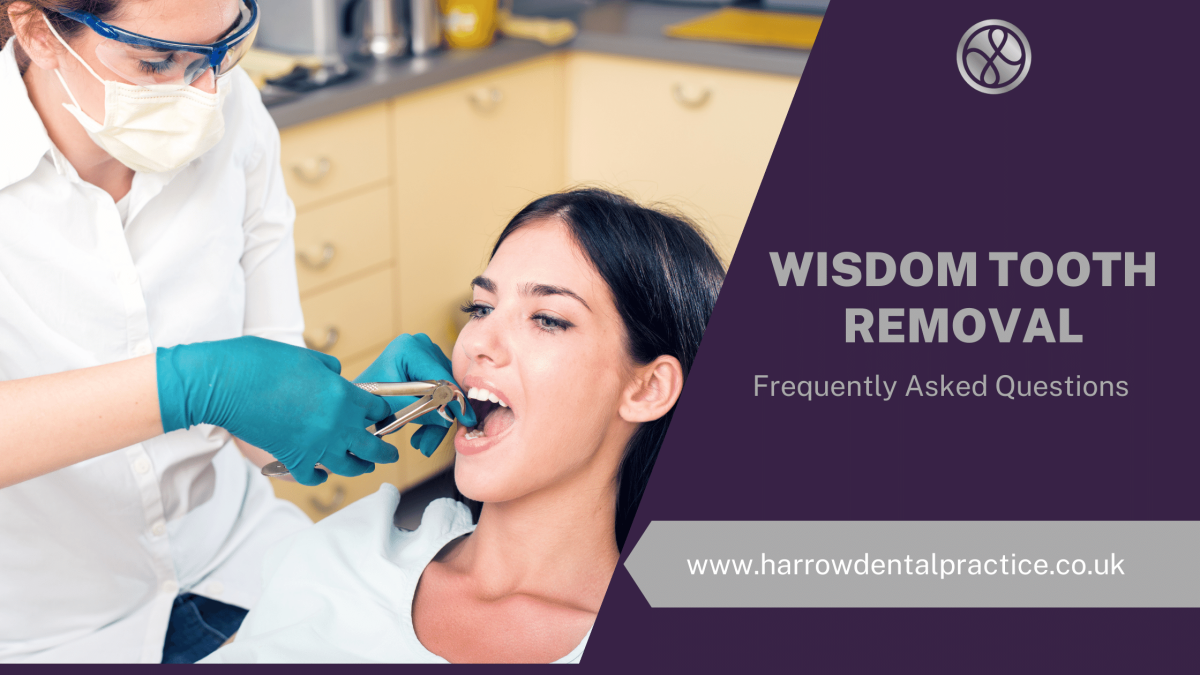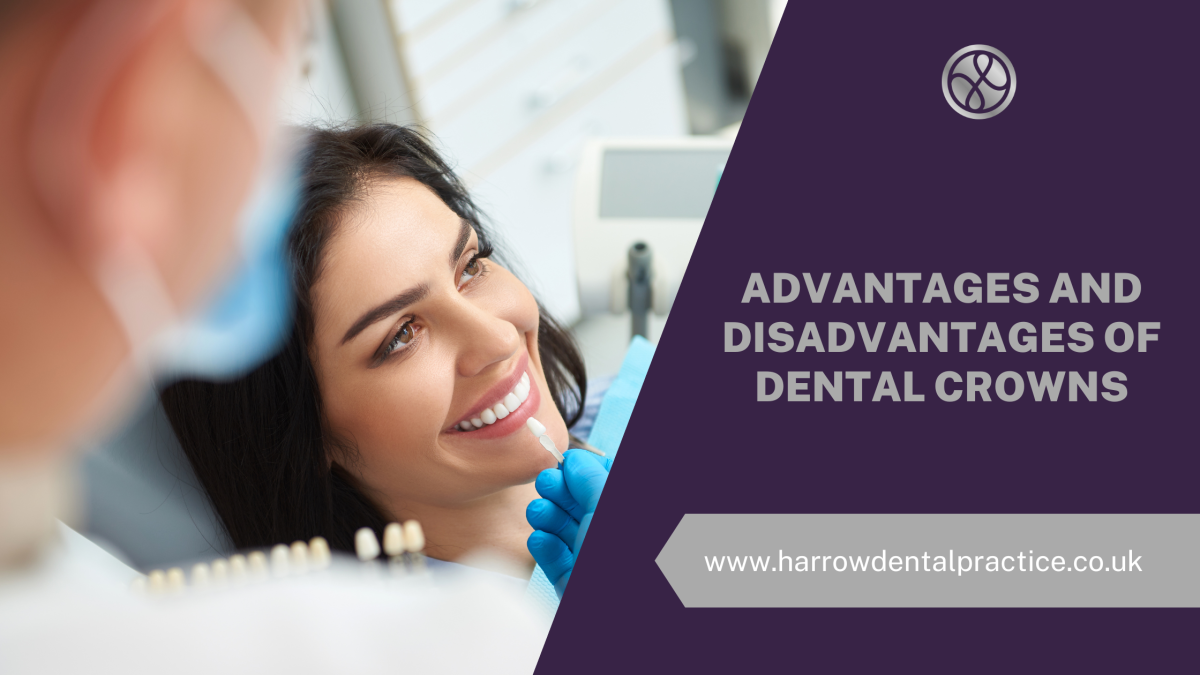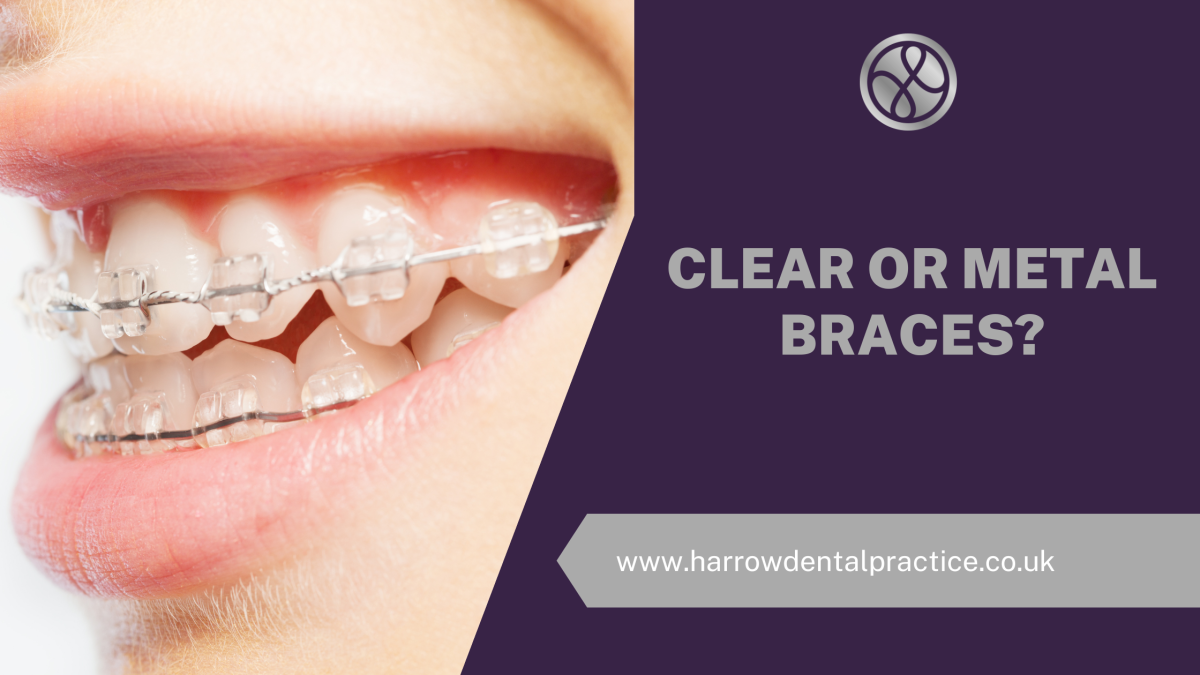If you observe that the base of your teeth is black or if they have black lines on them, it could be due to an underlying dental issue. More importantly, black lines around teeth can severely affect one’s smile and self-confidence. If you are also concerned about the black lines around your teeth, you have come to the right place.
This blog discusses everything you need to know about black teeth lines and their management. So, read on to learn more about how to prevent black lines on teeth and their management.
What Is Tooth Discoloration?
Discolouration of the teeth can occur due to various reasons. The two most common causes of tooth discolouration are eating strong-coloured foods and tartar formation. Besides, tooth staining can also occur because of intake of excessive fluoride or tetracycline during tooth development Discolouration of the teeth can occur due to various reasons. Similarly, the treatment of tooth discolouration also depends on the underlying cause.
What Causes Dark Black Stains On Teeth?
Black stains, spots, or lines on the teeth can form due to various reasons. Some of them are:
- Plaque and Tartar Build up – one of the most common causes of black lines around teeth is the staining of long-standing tartar deposits
- Dental Cavities – Sometimes, untreated dental cavities can get stained and appear as black spots
- Beverages and Drinks – strong-coloured foods and drinks can also result in the black staining of the teeth.
- Dental Fluorosis – according to the American Dental Association, fluorosis is a condition characterised by the appearance of faint white lines on the teeth. These lines occur due to excessive fluoride intake during tooth development. Over time, these white lines get stained and may appear brownish or black.
Do Black Lines On Teeth Mean Cavities?
There could be many reasons for the appearance of black lines on teeth. One of them is tooth cavities. If you observe black lines around your teeth, you should visit your dentist for a checkup. They will perform a detailed clinical examination and look at the x-ray images of your teeth. If the lines are caused by tooth decay, they will remove the damaged tooth portion and replace it with a white filling.
What Causes A Black Spot On A Human Gum Near A Tooth?
Like teeth, there could be several causes for the appearance of black spots on the gums. For example, it could be due to a foreign object stuck between the gums, or because of high levels of melanin which makes the gums appear darker. According to Healthline, black lines on the gums can also occur due to bruises or moles.
How To Remove Black Lines Around The Crown Of A Tooth?
The treatment of black lines around teeth depends on the underlying cause. If the lines are due to tartar deposition, your dentist will perform professional teeth cleaning to remove them. Similarly, if the formation of black lines is due to tooth decay, your dentist will treat it by removing the damaged tooth portion and replacing it with a suitable filling material.
How To Prevent A Tooth From Turning Black?
The best way to prevent lines from forming on your teeth is to maintain optimal oral hygiene. By brushing and flossing regularly, you are preventing plaque and tartar buildup on your teeth, which is one of the most significant causes of teeth lines and gum disease. Moreover, you should visit your dentist regularly, so that any underlying oral health problems that may cause black lines on teeth can be addressed timely.
What Is The Black Stuff Between Teeth?
If you observe something black between your teeth while brushing and flossing, it could be due to tartar buildup. The tartar between our teeth gets stained over time and becomes dark brown or black. This is why the space between two teeth appears black. It could also be due to a black-coloured foreign object over a food particle lodged between two teeth. Regardless, if you observe that the space between your teeth appears black, you should consult your dentist without delay.
How To Get Rid Of Black Lines In Your Teeth?
As mentioned earlier, the management of lines around teeth depends on the underlying cause. If the lines are due to dental tartar, your dentist will treat them by performing professional teeth cleaning. Similarly, if the lines are caused by teeth staining, they will be removed through professional teeth whitening. Finally, permanent black lines will be treated through cosmetic dental procedures such as composite bonding or porcelain veneers.
I’ve Got Black Lines On My Molar, Not Sure What It Is?
If you have black lines on the chewing surface of your molar teeth, it could be due to food impaction in the pits and fissures of the tooth which turn black over time. However, there is no need to worry. In most cases, these lines won’t cause any harm to your teeth. The main cause of these lines is poor oral hygiene. By simply improving your oral hygiene routine through regular brushing and flossing, you can prevent these black lines.
If you’re looking for a good dental practice that will take care of your entire family’s dental health, then Harrow Dental Practice and Dental Implant Centre should be your first choice. We have a team of highly qualified and trained dentists who will take care of all your dental problems and ensure that you enjoy a healthy and lasting smile. So, click here to make an enquiry and let us take it from there.

